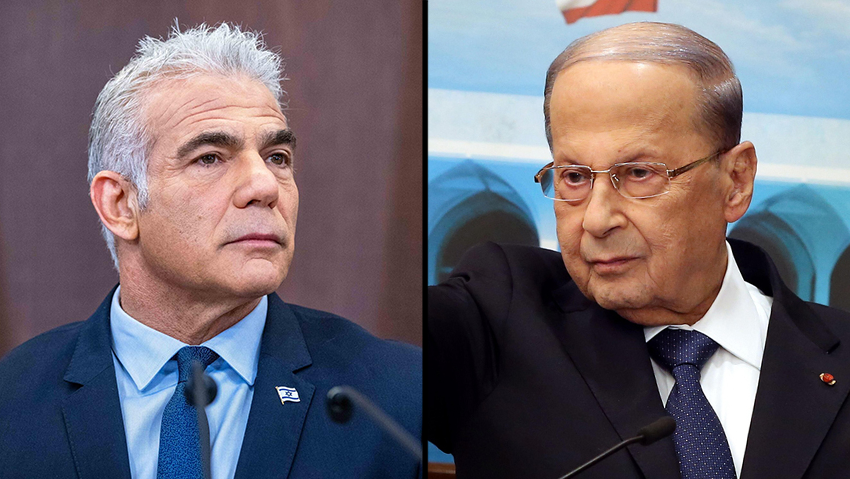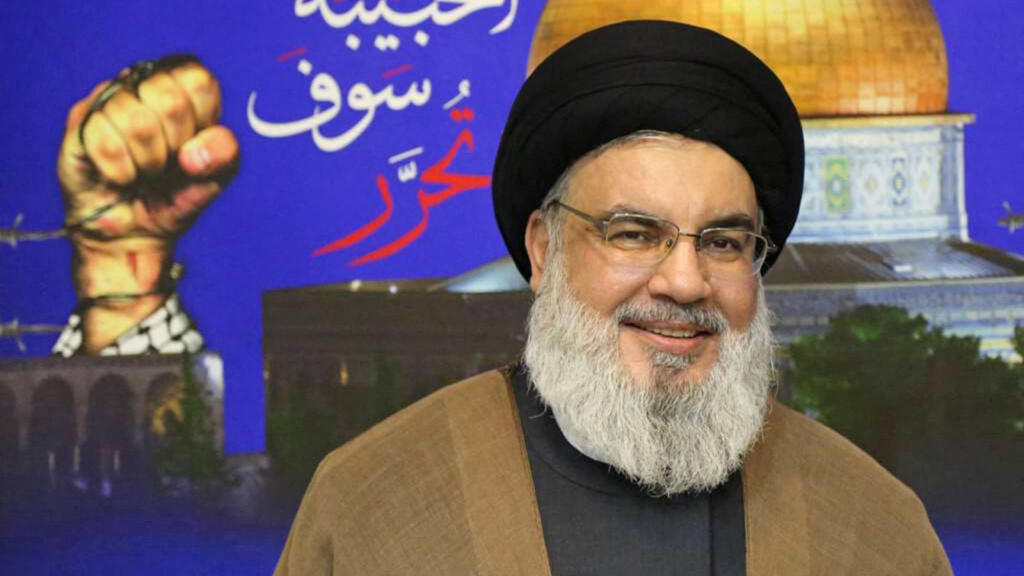Even at this stage, while the details of the pending agreement to end the Israeli Lebanon maritime border dispute, are incomplete, it is evident that both sides will receive a fair deal.
In a rare occurrence, the two countries will gain, stable security and a mutual deterrence.
Lebanon will be able to claim it made no substantial compromise on the border line, which will be according to the UN's determination in 2000, while Israel's security demands will be met.
Israel has agreed that the Qana gas field, will remain mostly within the economic waters of Lebanon, and Israel will receive its share of the proceeds, should the field prove to be economically viable, from the French drilling company that will extract the gas.
Israel therefore will lose some of the potential income from the Qana field but will gain security. It will also gain diplomatic points from France which is closely involved in Lebanon's energy program. This may have been a focus of the recent visit by Prime Minister Lapid to France and his conversations with French President Emmanuel Macron.
Iran-backed Hezbollah can claim he strong armed Israel into submission with his threats to attack the Israeli gas rigs. He can say he alone is the protector of Lebanon. That is not true. Israel already approved plans to begin production at the Karish site and the IDF has already taken the necessary steps to ensure its security.
Production will begin when all technical preparations are complete, regardless of Hezbollah's threats.
U.S. mediator in the talks, Amos Hochstein in his draft, provided Hezbollah chief Hassan Nasrallah a way out of his bluff to prevent Israel from production. Any attempt to target the Karish rig would have caused a massive Israeli military response that would have further burdened Lebanon, which is already a failed state, suffering from economic crisis.
Nasrallah was probably the first to sigh in relief when news of the pending deal broke.
Lapid was too quick to celebrate the agreement which has not yet been signed, no doubt eying the upcoming elections. Too much bravado runs the risk of undermining the rare consensus reached between Nasrallah and the Lebanese government.
President Michel Aoun is nearing the end of his term and there are more details to finalize before celebrations are due. The Qana field may not ultimately fulfil expectations and some five years will pass before any economic advantage from it, would be felt in Lebanon.
Lapid, therefore should show some restraint. Opposition leader Benjamin Netanyahu, claimed Lapid must bring the agreement to the Knesset and to a referendum, citing a law passed in 2010, that prohibits any government from conceding Israeli territory without bringing it to the public's ruling.
But Netanyahu must know what any legal expert will tell him, that the bill does not refer to maritime borders. Still the Attorney General has not yet ruled on Lapid's authority to sign the deal during a caretaker government.
Netanyahu, however, has already announced, that should a deal be signed, he would not be bound by it should he succeed in forming the next government.
This is a dangerous precedent in Israel's international ties. The Likud leader is also endangering Israel's security because Lebanon could use his remarks to back out of the deal until a new government is established and by then, many things could change both in Israel and in the region.




